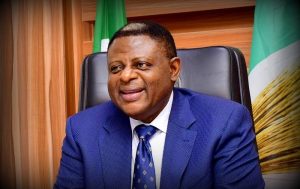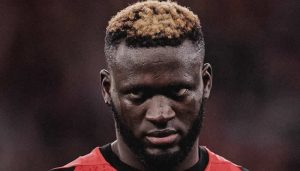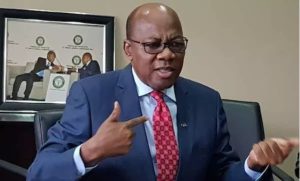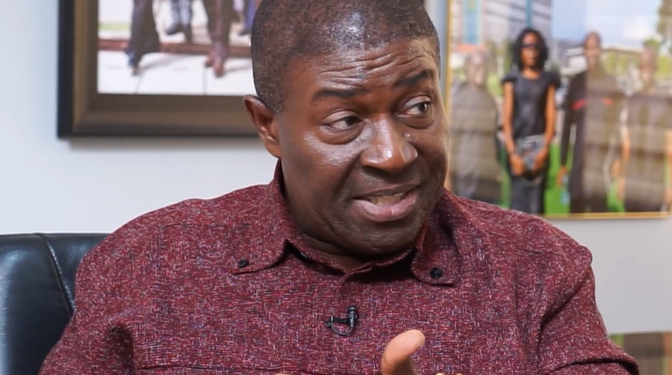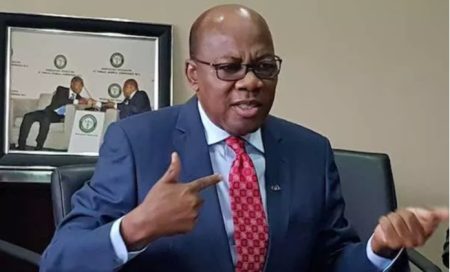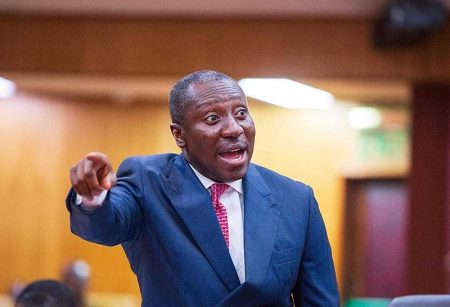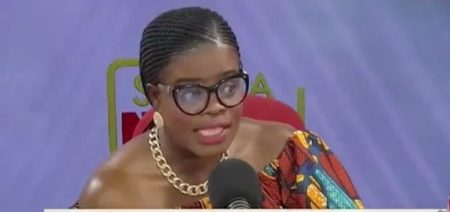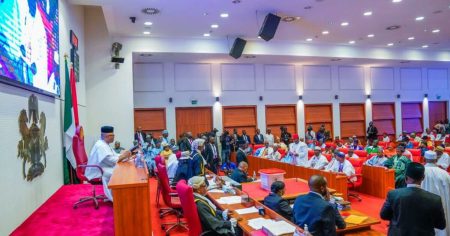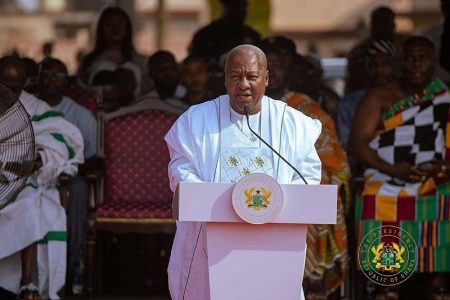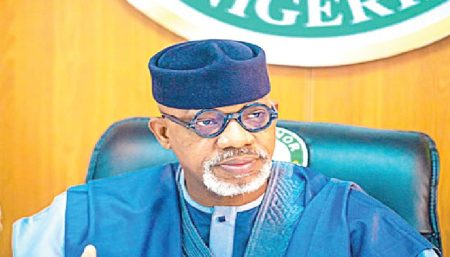The New Patriotic Party (NPP) in Ghana is embroiled in internal debates as it navigates its post-2024 election landscape and looks towards the 2028 general elections. A recent speech by Kennedy Ohene Agyapong, a prominent figure within the party, has ignited controversy, with former National Communications Director Nana Akomea issuing a sharp rebuttal to several of Agyapong’s claims. The core of the disagreement revolves around the party’s history of selecting flagbearers, the reasons for its recent electoral defeat, and the role of religion in the party’s internal politics. Agyapong’s assertions, made during a mobilization effort for the 2028 presidential primaries, have been challenged by Akomea as inaccurate and potentially divisive.
Agyapong, in his address to party members, cautioned against prioritizing popularity over performance in selecting future leaders, urging the party to learn from past electoral outcomes. He argued that the NPP has consistently rewarded strong candidates and sidelined those who led the party to poor electoral showings. He cited the example of Professor Adu Boahen, the party’s flagbearer in 1992, who was not given another opportunity after losing the election. Conversely, he pointed to former President John Agyekum Kufuor and current President Nana Addo Dankwa Akufo-Addo, both of whom received second chances after demonstrating electoral strength. Agyapong claimed Kufuor’s strong performance in 1996, despite a short campaign period, secured him the nomination in 2000. This narrative, however, has been contested by Akomea.
Nana Akomea, in a detailed response, argued that Agyapong’s account of the party’s history is factually incorrect. He challenged the assertion that Kufuor had only a three-month campaign window in 1996, pointing out that Kufuor was elected as the party’s flagbearer in April of that year, giving him eight months to campaign. Akomea emphasized that Kufuor’s success stemmed from his performance against a formidable incumbent, Jerry Rawlings, rather than the brevity of his campaign. He further argued that if a short campaign period were the criteria for a second chance, then Professor Adu Boahen, who had only two months to campaign in 1992, should have been the natural choice for the 1996 elections.
A significant point of contention between the two party figures revolves around the role of religion in the NPP’s electoral fortunes. Agyapong suggested that Dr. Mahamudu Bawumia’s faith was a factor in the party’s loss in the 2024 general election. He implied that Christian voters were hesitant to support a Muslim candidate. Akomea strongly condemned this line of argument, warning that injecting religion into the political discourse is a dangerous and divisive tactic that could alienate a substantial portion of the party’s base. He emphasized the importance of inclusivity and warned against campaigning based on exclusionary narratives.
Akomea further countered Agyapong’s religious argument by highlighting Bawumia’s strong performance in constituencies where the NPP’s parliamentary candidates were Christians. He referenced the findings of the Prof Mike Oquaye committee, which investigated the party’s 2024 election performance, stating that religion was not identified as a key factor in the party’s loss. Akomea drew parallels with former President John Mahama’s loss in the 2016 election, noting that religion was not cited as a reason for his defeat, despite Mahama being a Christian. He argued that attributing Bawumia’s loss to his religious affiliation is not only untenable but also a perilous campaign strategy.
Akomea also challenged the broader narrative of anti-Muslim bias within the NPP. He highlighted Bawumia’s success in the party’s presidential primaries, where he won against a field of predominantly Christian candidates in both the super delegates and main delegate elections. Akomea questioned the logic of claiming an anti-Muslim bias when Bawumia consistently garnered support from a majority of party delegates, many of whom are Christian. He also pointed out a contradiction in Agyapong’s narrative, noting that Agyapong had elsewhere attributed the party’s loss to President Akufo-Addo’s appointments, raising the question of which narrative was the actual explanation for the defeat. The ongoing debate between Akomea and Agyapong underscores the internal tensions within the NPP and the challenges the party faces as it prepares for the 2028 elections. The clashing narratives highlight the need for the party to reconcile differing perspectives, address internal divisions, and establish a unified approach moving forward.


